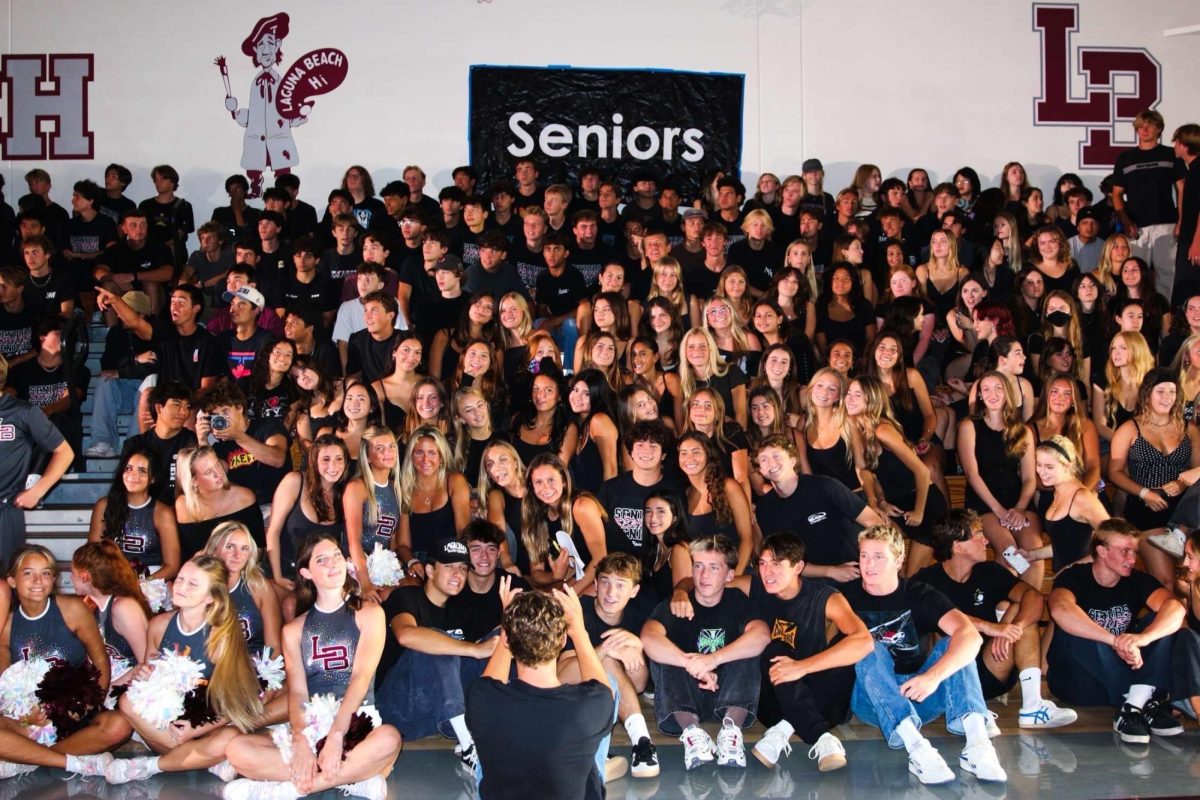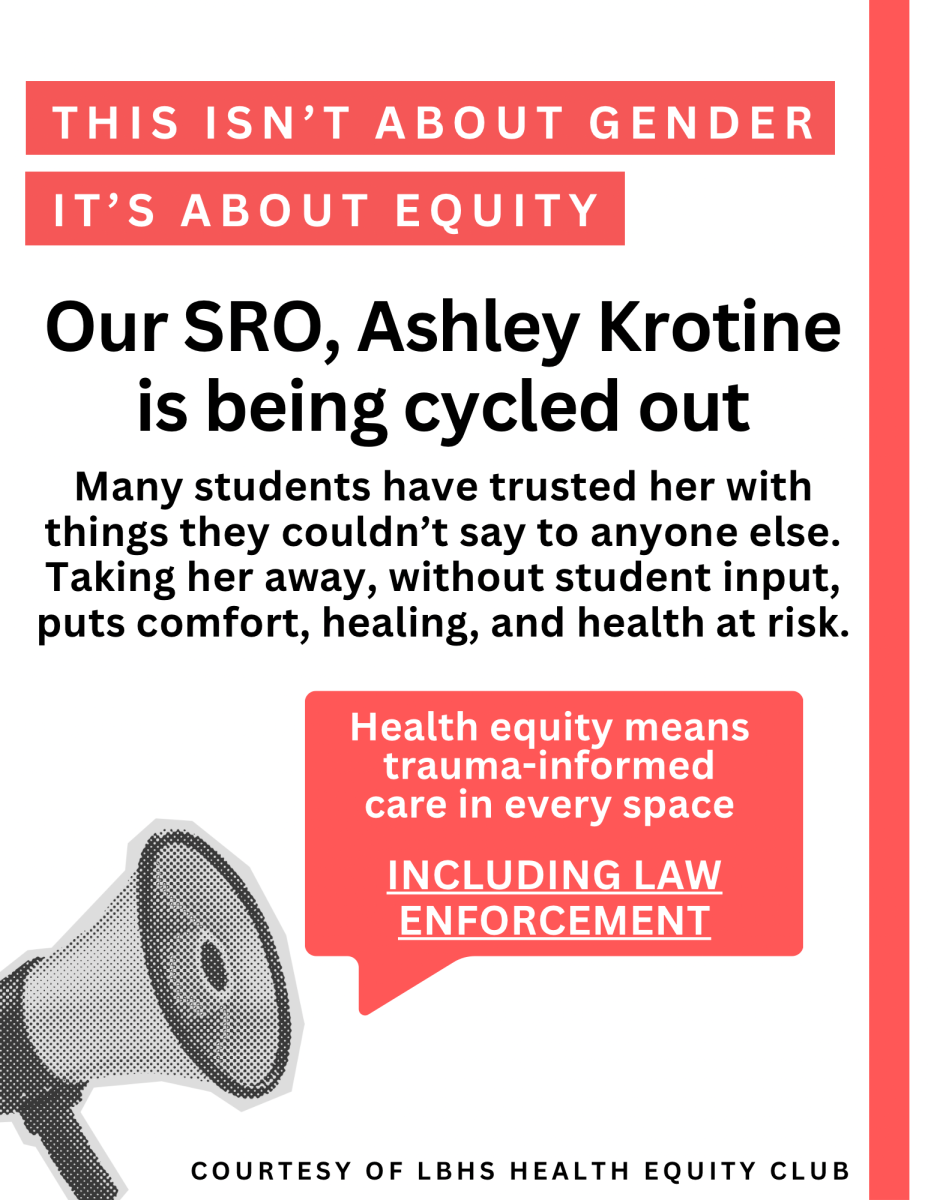
The Christmas season holds many of people’s most remarkable memories and emotions, but why does this time have so many of our most substantial feelings attached to it? The answer is pretty straightforward: nostalgia. That warm feeling encapsulates your body when you smell gingerbread or watch Frosty The Snowman; the little, sensory reminders of past experiences bring feelings of joy and past merriment. Though, nostalgia is a very bitter-sweet emotion, and for all the happiness it brings, it can also induce feelings of wistfulness and isolation.
The feeling of nostalgia usually occurs when people desire happier times, wanting to replace the moment they are living through and engage with the experiences they know to be uplifting. A college student being alone on Christmas Eve might cause them to reminisce about making sugar cookies with their grandparents all the years prior or cause them to light a pine-scented candle to remind them of their Christmas tree at home. Having these memories resurface in the form of nostalgia causes a person’s mood to increase, if even just a little bit, from the reminder that though they are not happy now, they have had wonderful experiences in the past.
An idea of identity also comes from Christmas; this time of year often holds traditions and customs of either one’s personal, familial, or cultural life, all of which work to build someone’s sense of identity. Having positive or negative connotations with those traditions or customs often runs deeper than traditions any other time of the year because of how the season is perceived; if Christmastime is supposed to be all about love and joy, but you are not feeling either of those things during the holiday season, you are more likely to remember that you do not have those things. The same applies vice versa, except then you would feel more uplifted by the nostalgic reminders of that time.
Christmas nostalgia is more than just sentimentality–it is a powerful force that connects us to our past, family, and shared cultural experiences. Though, it’s essential to realize that not everyone has merry and light memories of the holiday season. Some people grow up not receiving gifts of any kind; they do not have big, home-cooked holiday dinners with family or laugh with friends while watching silly Hallmark movies. Some people grow up spending Christmas alone, without the money for fun holiday activities like gingerbread houses or gifts on Christmas morning. They only remember the holiday season as when they dejectedly watched other people get what they wanted but could not have. That is the paradoxical nature of the Christmas season and nostalgia as a whole; for some, it is the most wonderful time of the year, filled with delightful memories of jolly music and laughter, but for others, it only serves as a reminder of what they don’t have.
So, the reason Christmastime holds people’s strongest memories and emotional ties boils down to the fact that the season is full of unique sensory experiences that one’s mind correlates with what they are feeling at that moment. When someone experiences those sensory triggers or is looking for a way to uplift themselves, nostalgia breaks through to remind them of their strong emotional correlation to what they are experiencing in the present; no matter what type of holiday a person’s memories construct, their mind will always want the joy connected to the Christmas season, and it will not stop reminding them of either what they unfortunately never had or what they were lucky enough to receive.
However, the most important aspect of Christmas is that no matter what kind of holiday you have had in the past, you still remember to live in the present, make new memories, and express gratitude for the time you are living in. Every day is different from the last, and that means with every new day you have new opportunities to make the world you see a little brighter.







